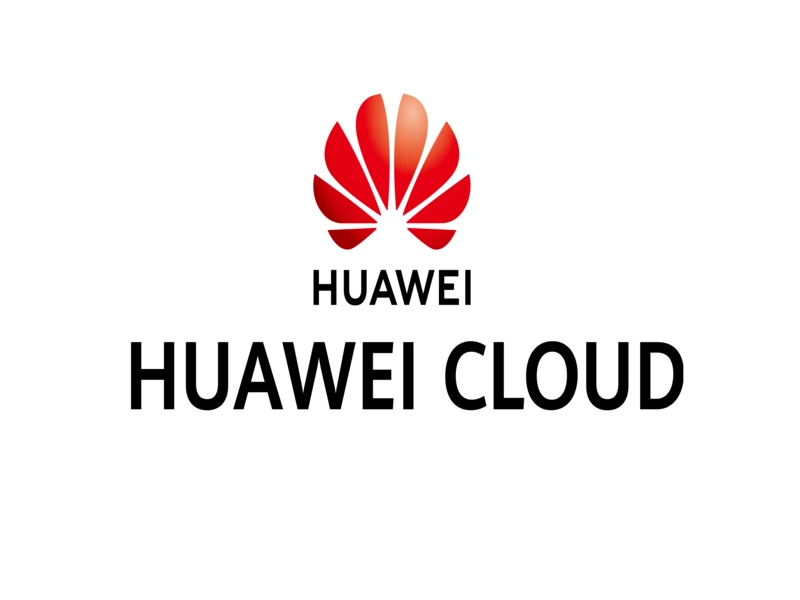- Huawei Cloud introduces EIHealth 2.0 to support AI-driven drug discovery and genomics research.
- The platform integrates big models with cloud computing to speed up life sciences innovation.
What happened: Huawei launches upgraded AI health platform with drug discovery focus
Huawei Cloud has unveiled EIHealth 2.0, its upgraded platform for life sciences and healthcare research. Announced at the Huawei Developer Conference (HDC.Cloud) 2024, the new version builds on the original EIHealth platform by adding enhanced AI capabilities, drug discovery tools, and molecular simulation features. It also offers access to Pangu Drug Molecule Model 3.0, which includes capabilities for small molecule generation, property prediction, and molecular docking.
According to Huawei Cloud, the updated platform uses cloud-based computing to support multiple tasks, including genomic analysis and preclinical trial simulation. It targets pharmaceutical firms, hospitals, and academic researchers. The system offers end-to-end services covering drug design, gene sequencing, and medical imaging. During the launch, Zhang Ping’an, Huawei Cloud CEO, said the upgrade aims to “accelerate breakthroughs” in health research. The company has also included new AI-assisted tools for protein structure prediction, similar to those offered by AlphaFold and RoseTTAFold.
Also read: White Paper 3.0: Huawei and TM Forum chart a new telecom era
Also read: US tightens chip exports to Huawei and SMIC
Why it’s important
The update to EIHealth arrives at a time when life sciences research depends heavily on AI-powered platforms. Big pharma companies and research institutions increasingly rely on cloud services to process massive datasets in drug development and personalised medicine. Huawei’s move follows similar efforts by Amazon Web Services and Google Cloud, which have both invested in healthcare AI tools in the past year.
Huawei’s Pangu models could give it a strategic advantage in China’s expanding biopharma market. According to IDC, China’s AI healthcare market is projected to reach USD 5.8 billion by 2026. In this context, localised platforms like EIHealth can help reduce reliance on foreign tech providers while aligning with national AI and biotech development goals.
The platform’s application in protein structure prediction mirrors global trends. Companies like DeepMind have shown how accurate folding predictions can speed up vaccine design and rare disease research. Huawei Cloud’s integration of such models into a wider drug pipeline toolchain signals an intent to compete in this critical space.

